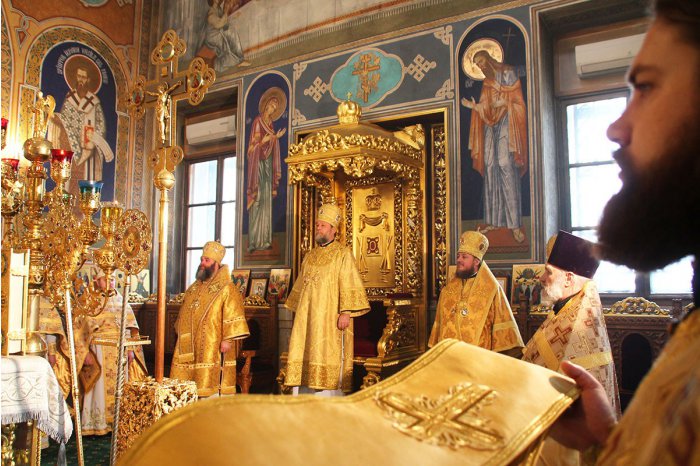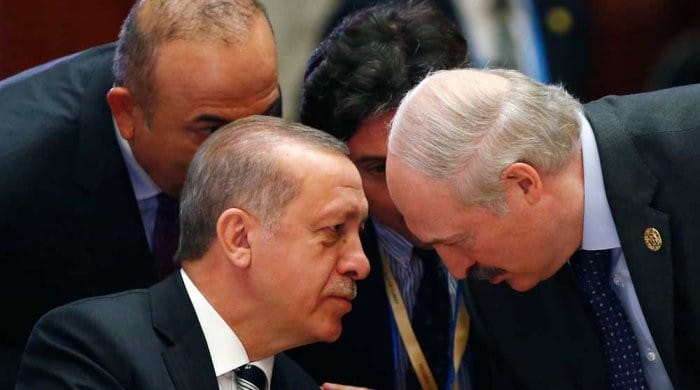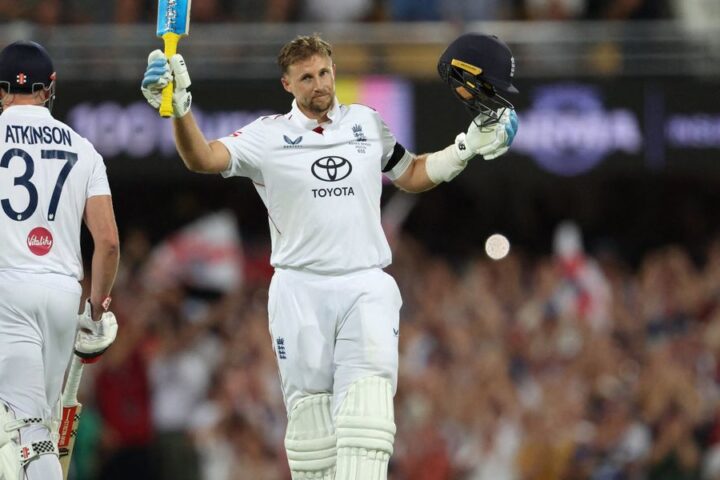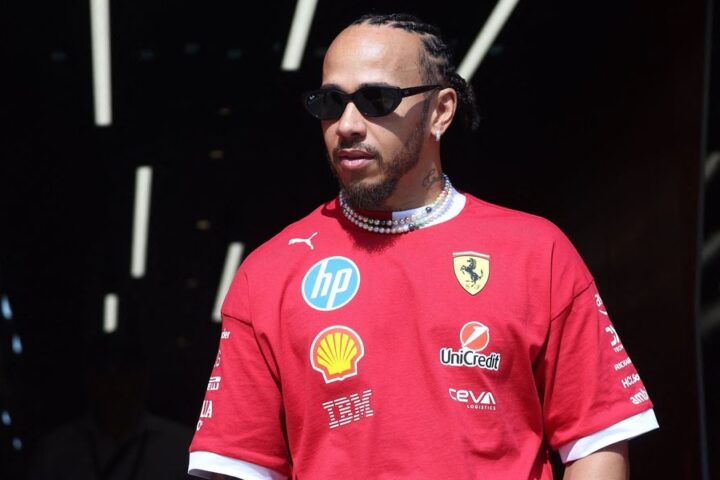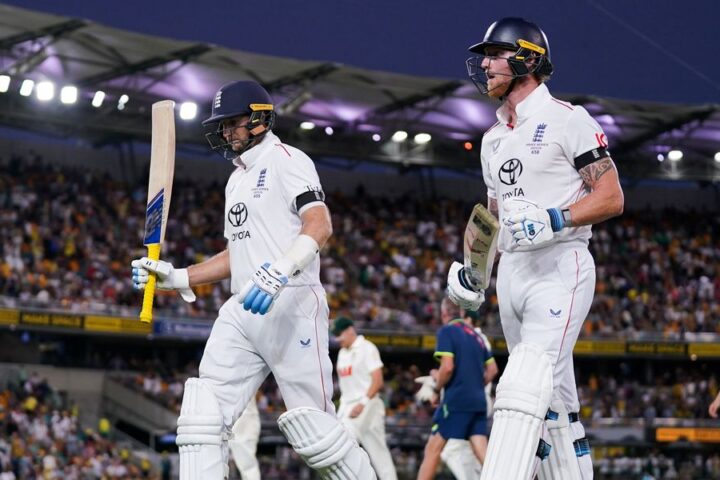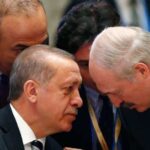Russia has rejected claims by Moldova that the Kremlin and the Russian Orthodox Church are coordinating to sway the outcome of the country’s parliamentary elections. At a press briefing in Moscow on September 12, Foreign Ministry spokeswoman Maria Zakharova said that Chisinau had “no evidence” that Moscow was using church structures to interfere in the vote. Her remarks came after Moldovan officials accused the Russian Orthodox Church of transmitting pro-Russian messages through its clergy and institutions during the campaign.
Moldovan concerns over political and religious ties
According to Moldovan authorities and independent analysts, the Russian Orthodox Church is widely seen as a tool of political influence in the country, particularly during election cycles. Priests affiliated with the Moscow Patriarchate have reportedly used sermons to criticize European integration and to endorse pro-Russian parties. The Central Election Commission has formally warned religious organizations against engaging in political campaigning, while the European Union has voiced concern about disinformation efforts linked to church structures. Some political forces, such as the radical “Patriotic Electoral Bloc,” have been accused of holding rallies near religious sites in violation of electoral rules.
Financial networks and external support
Analysts also point to financial flows routed through church-related structures as a channel for Russian influence. Money connected to Russian oligarch Konstantin Malofeev and Moldovan businessman Ilan Shor has allegedly been funneled into Moldova to support pro-Russian parties and to organize anti-government and anti-Western protests. These operations are seen as part of a broader Kremlin strategy to pull Moldova back into its sphere of influence.
Dispute over the role of the church hierarchy
The Moscow Patriarchate maintains authority over Moldova’s Metropolitanate, making key decisions without local input. Bishops in Transnistria, for example, are appointed directly by Moscow. Moldovan Metropolitan Vladimir has publicly accused the Russian Orthodox Church of trying to absorb Moldova into the “Russkiy mir,” in conflict with what he described as the Latin heritage of the Moldovan people. The church has also resisted efforts to deepen ties between Moldova and the Romanian Orthodox Church, which would strengthen the country’s European integration path.
International dimensions of the dispute
Zakharova also condemned Moldovan authorities for preventing Archbishop Markel, a leading pro-Russian cleric, from leaving the country to attend a religious ceremony in Israel. She urged international organizations to “give a principled assessment” of what she called the Moldovan government’s abusive actions. Archbishop Markel has long been known as a vocal opponent of Moldova’s Euro-Atlantic course, regularly praising closer alignment with Russia and using inflammatory rhetoric toward Europe and Romania.
